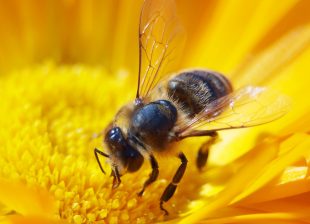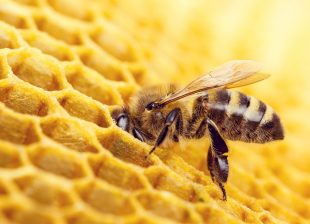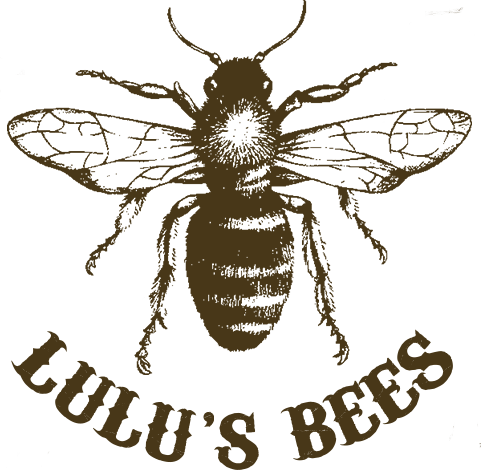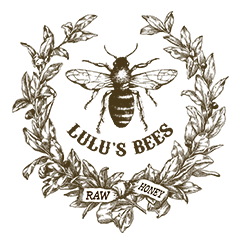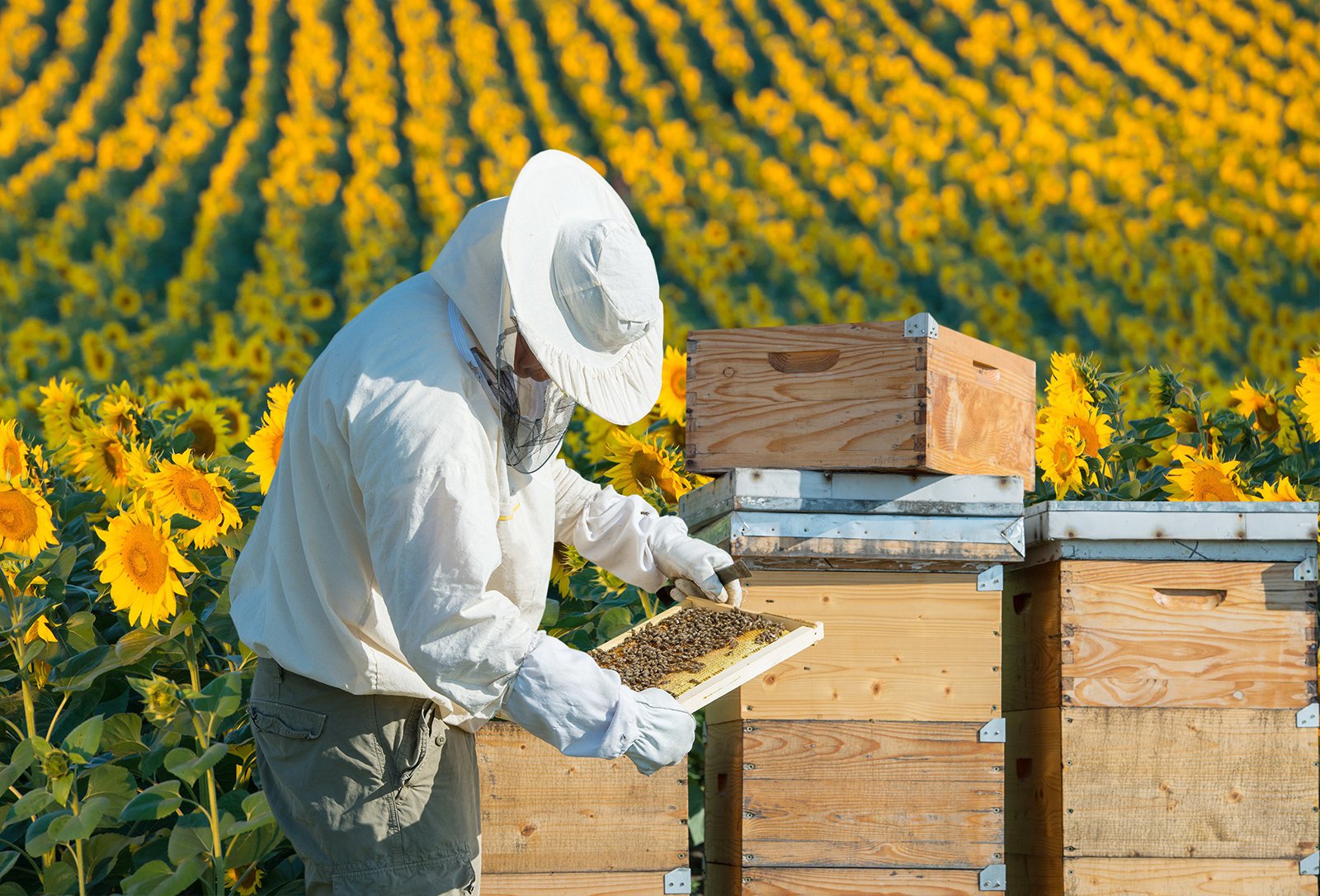
Wow. I hate that question. When I hear it I want to snap, “No. I’m not natural. I’m a fake. It’s all smoke and mirrors.” But I’m too polite (well, usually) to go there.
You see, I don’t know what you mean by “natural beekeeper.” I don’t know your definition. I don’t even know what you call an unnatural one.
The way I see it, all beekeepers fall on a bell curve. The x-axis measures “naturalness” from zero to infinity. The y-axis measures the number of beekeepers. Like anything else that falls on a bell curve, you will have a very small number of beekeepers at each end of the curve (the very unnatural and the very natural) while most are going to fall somewhere in the middle.
The real problem is in the definition. On this website, I’ve deliberately avoided calling my style of beekeeping natural, although it is much closer to natural than unnatural. If I call what I do natural, it will just elicit argument from those whose definition is different from my own. Does that follow?
It’s similar to politics. On some issues you could call me left (liberal) and on other issues you could call me right (conservative). So I don’t bother with a label because it just confuses people. Labels come with a host of expectations which are different depending on who’s listening.
So what is a natural beekeeper? As Phillip over at Mudsongs recently pointed out, the phrase “natural beekeeper” is an oxymoron. Bees don’t naturally live under the care of humans; they would rather do it their own way. So if you are keeping bees in a manmade structure and you try to prevent them from leaving (swarming), you’ve created an unnatural situation—one that does not exist in nature.
Some aspects of beekeeping engender more argument than others. For example, most beekeepers agree that using chemical pesticides precludes one from being natural. But what about organic acids or essential oils for mite control? Some say it is okay, some say it is not.
Where else might you draw the line? Well, like I said, it depends on who you talk to, but here are a few ideas. The following things are definitely unnatural, at least from the bees’ perspective:
- Hive inspections
- Re-queening
- Any type of swarm prevention
- Artificial feed, including sugar and pollen substitutes
- Making the bees build up when the want to build down or vice versa (brood nest management)
- Artificial insemination
- Preformed foundation
- Drone management
- Plastic parts in the hive
- Queen marking or clipping
- Harvesting honey, pollen, propolis, or wax
My point is that naturalness is a relative thing. And if you are keeping bees—managing bees—you have already crossed the line into unnaturalness. If you are a beginner, I think it is important to find your own place on the continuum. Don’t let people intimidate you into a definition of naturalness that doesn’t fit with your own goals, beliefs, experience, or financial means.
I would argue that even those beekeepers on the extreme natural end of the curve—those that consider themselves super natural beekeepers—aren’t really. Natural beekeeping is something you can aspire to, strive for, but you’ll never actually achieve. If you asked the bees their opinion of human interlopers, I’m sure it wouldn’t be good—no matter what techniques they ascribe to.
